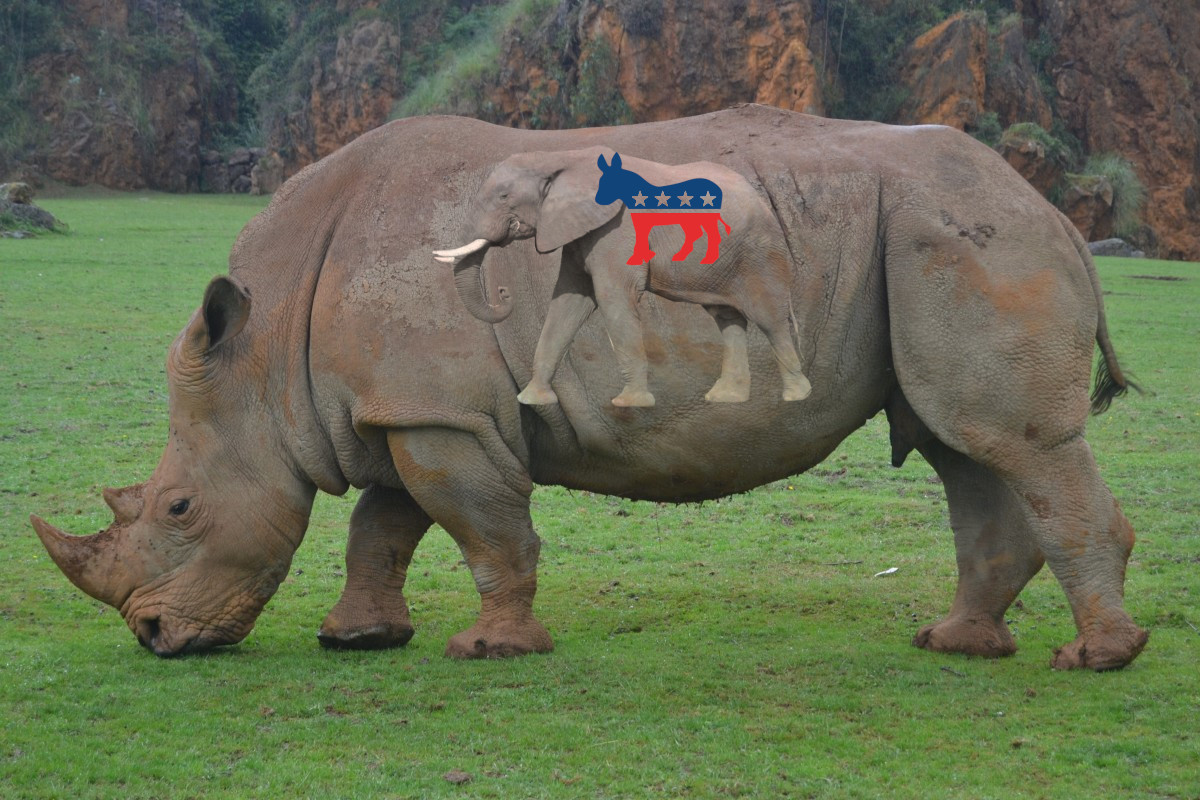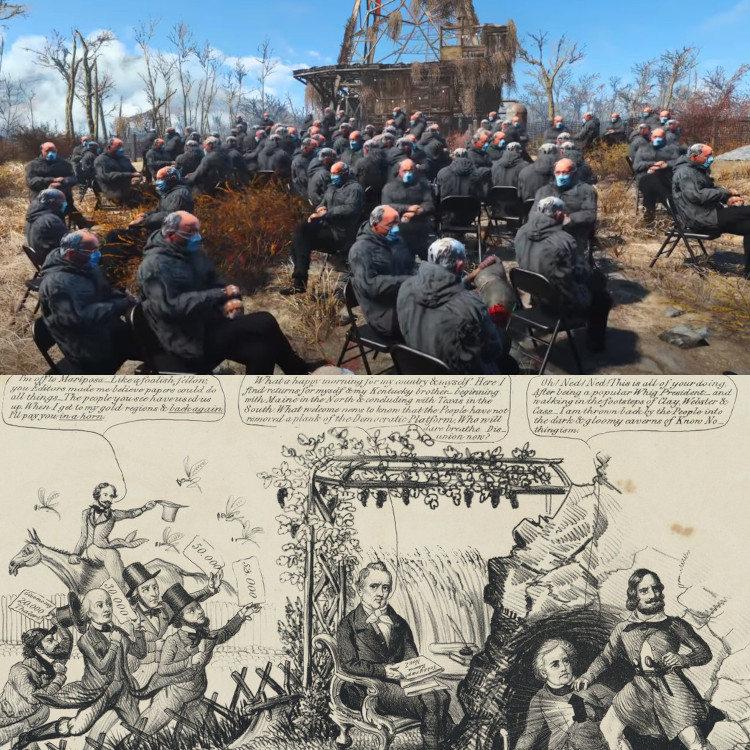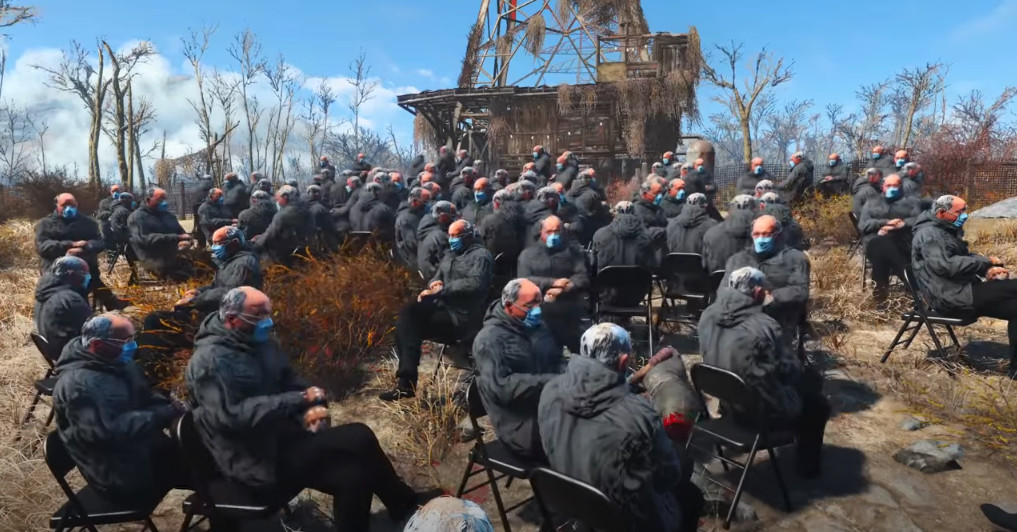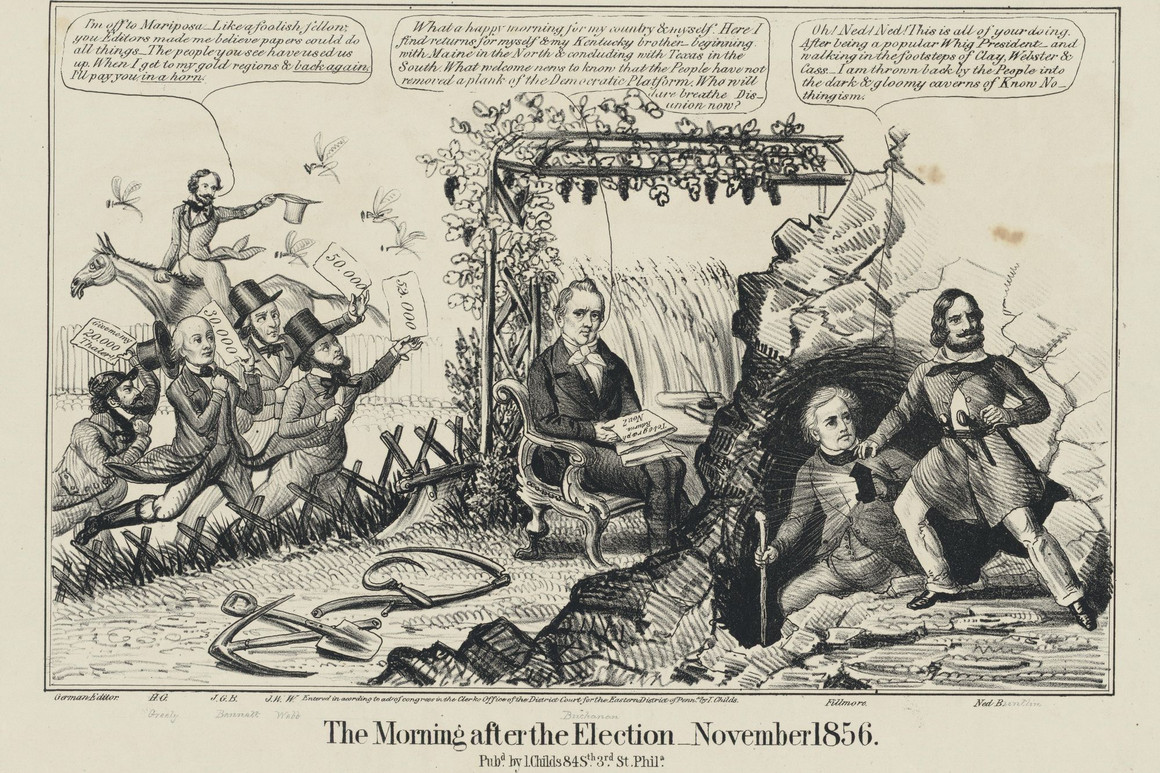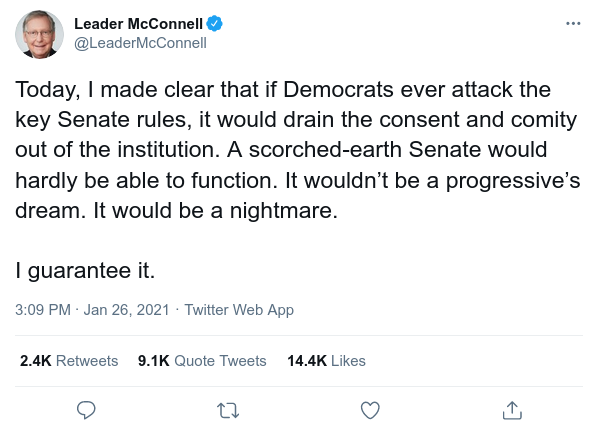
A thread for #privacy2me/@wedf2021: "What privacy means to me and why it matters," adapted from HOW TO DESTROY SURVEILLANCE CAPITALISM:
onezero.medium.com/how-to-destroy…
Tagging @m_older, @scalzi, and @MalJayaram in case they're game for answering (and tagging 3 others) too.
1/
onezero.medium.com/how-to-destroy…
Tagging @m_older, @scalzi, and @MalJayaram in case they're game for answering (and tagging 3 others) too.
1/
The effects of surveillance on our ability to be authentic selves are not equal for all people. Some are lucky enough to live in a time and place in which the most important facts of our lives are acceptable and can be publicly disclosed without the risk of social consequence
2/
2/
But for many of us, this is not true. Recall that in living memory, many of the ways of being that we think of as socially acceptable today were once cause for dire social sanction or even imprisonment.
3/
3/
If you are 65 years old, you have lived through a time in which people living in “free societies” could be imprisoned or sanctioned for engaging in homosexual activity, for falling in love with a person whose skin was a different color than their own, or for smoking weed.
4/
4/
Today, these activities aren’t just decriminalized in much of the world, they’re considered normal, and the fallen prohibitions are viewed as shameful, regrettable relics of the past.
How did we get from prohibition to normalization? Through private, personal activity.
5/
How did we get from prohibition to normalization? Through private, personal activity.
5/
People who were secretly gay or secret pot-smokers or who secretly loved someone with a different skin color were vulnerable to retaliation if they made their true selves known and were limited in how much they could advocate for their own right to exist in the world.
6/
6/
The right to choose the circumstances of these conversations was key. It’s one thing to come out to your dad while you’re on a fishing trip and another thing entirely to blurt it out over the Christmas table while your racist Facebook uncle is there to make a scene.
7/
7/
Without a private sphere, there’s a chance that we wouldn't have changed and that the people who benefited from change would have either faced social sanction for coming out to a hostile world or would have never been able to reveal their true selves to the people they love.
8/
8/
Unless you think that society attained social perfection — that your grandchildren will ask you to tell them the story of how, in 2021, every injustice had been righted and no further change had to be made — then there are people you love who you don't truly know.
9/
9/
People whose happiness is key to your own, who have a secret in their hearts that stops them from ever being their authentic selves with you.
10/
10/
These people are sorrowing and will go to their graves with that secret sorrow in their hearts, and the source of that sorrow will be the falsity of their relationship to you.
A private realm is necessary for human progress.
eof/
A private realm is necessary for human progress.
eof/
• • •
Missing some Tweet in this thread? You can try to
force a refresh


